In this episode Emily is joined by lifelong friend and nursery manager Rachael Farrow, together they discuss the importance of a whole team approach to learning through play, and how we can ensure that everyone in the team has the same information to give children the best opportunities in an early years setting.
Emily Macfarlane: [00:00:00] Hello and welcome to the Early Years Network podcast. That is The Little Minds Big Ideas podcast. The podcast where we are talking all things early years from inside and outside, our wonderful industry. Today I am joined by my wonderful friend, Rachel Farrow.
Rachael Farrow: Hello
Emily Macfarlane: Rachael is an early years manager, and in this episode we are gonna discuss the importance of having the whole team on board within the nursery when we are talking about learning.
Through play. Are you ready? Let's go. . So first of all, thank you for joining me on the podcast.
Rachael Farrow: You are very welcome. Thank you for having me.
Emily Macfarlane: That's, that's okay. So to start, can you tell us a little bit about yourself and then your early years journey so far?
Rachael Farrow: Okay, so about me, so I'd like to be busy. I'm very lucky, I've got quite a big family.
Um, they're all great. We do lots of family barbecues, um, spend a lot of time together. Lots of get togethers. Also got a [00:01:00] good group of friends. You do, you're right. . So like to spend time with them, actually go to a concert on Thursday. We are indeed. Um, and um, yeah, and then looking at my earliest journey. So I started about 10 years going now, getting old and um, starting the crash.
Yeah. Um, did lots of different things like sports activities, um, but it was quite casual. Yeah. Birthday party. Yeah, birthday parties. That was good fun. Got good at them. Um, and then during which I was doing my early years degree, um, once I graduated from that, I then I found myself working in a nursery.
Starting a nursery as a practitioner. Um, and then one thing led to the other, progressed onto a room leader. Um, did a variety of different courses for a school leading, um, Sanko, D s L, um, and I'm now a, [00:02:00] a nursery manager. You are indeed.
Emily Macfarlane: So you've kind of had like loads of different roles within an early year setting.
I guess you've kind of built up different skills along the way so, Now that you are in charge of managing like a large team, how important do you feel it is that everyone is on the same page?
Rachael Farrow: I can't even express the importance . Everyone's on the same page. I think the same ethos, same enthusiasm, the same.
Obviously everyone's got different thoughts and feelings, but I think the overall same principle is really important. And um, one thing that I found throughout my time, In all my roles is communication. Communication is extremely key. And I think to be able to have that open communication, to be able to discuss what you think, it could be completely different to what I think.
But if we can have that open communication and get on that same page, I think is such a vital aspect of working together.
Emily Macfarlane: Yeah, no, definitely. [00:03:00] And now that you have got such a big team, What techniques have you found have worked to making sure that everyone's got the same knowledge so that you can all kind of have that ethos and be on the same page and things?
Rachael Farrow: I think one of the main things is just realizing that everyone learns in different ways. I think if you look at children, you understand they're all unique. Same as staff, them, adults. Yeah, definitely. Um, you can't give everyone the same knowledge in the same way because it's not always gonna sink in. So what I'll always do is I will, um, communicate it verbally.
Um, I will also do it written. 'cause a lot of people like to be able to go back and review it. Have a look at it. Yeah. Um, and then role modeling is always going back to that role modeling. So I think if you've got people who are constantly role modeling and just holding people accountable, 'cause sometimes you'll find that you've given someone some knowledge, but it can slip out in their minds.
Um, and it's just going back and saying, hang on a minute, we did speak about this. Let's go back through it. Let me show you what I'm talking about. Yeah. No,
Emily Macfarlane: definitely. And I think. [00:04:00] It's, it's especially important that modeling when we come to learning through play because we know how important learning through play is.
But I think you, I think everyone can imagine that you've come up with some staff that have maybe not agreed with learning through play or don't really understand it. So have you had to face any. Difficulties. When it's come to your staff understanding of
Rachael Farrow: it, I think you'll always face difficulties, particularly when, if you take yourself back a good couple of years ago when I was in early years, it was quite often a tick box.
It was a case of saying, right, okay, can this child do this well? Let me see if they can walk up the stairs and take it off. Yeah. That's how their development was at at one point in time, and I think coming away from that has been quite difficult for those people who have been in. Sector for a long period of time.
Yeah. Um, and learning in those new ways. Um, but I think one thing that, [00:05:00] um, allows people to get over that hurdle is that why, why is it important to learn through play? Let's have a look at children's interest. Let's look up engagement, and then goes into that. Um, and you'll then find that you will get a lot more of that critical thinking.
Our children, you'll get a lot more of that learning and development come out on that side.
Emily Macfarlane: Yeah, no, definitely. But, How have you found that it's best that you sort of explain to your staff the importance of learning through play? What is it that kind of is getting across to them why it's so important?
Um,
Rachael Farrow: I'll quite often look at a child and then talk about a child's interest. Mm-hmm. , um, talk about if you are interested in something, you are more likely to engage with it. You're more likely to actually want to learn about it. Mm-hmm. assisting a child down and asking them to count to 10. Or asking 'em to build a tower, you're not gonna get as much learning and development out of them as you would if they're thoroughly engaged in the sandpit and you then [00:06:00] put a bit of maths alongside of it.
You could put giving them the opportunity to fill and rapport. You give 'em the opportunity to count the different stones that are inside that. I think that predominantly is how I get the staff to sort of completely understand as to what that learning through play is and how we can then scaffold it and further it in that way.
Um, I think also when I've got people who can, um, allow children to explore at their own pace, I think that is always a really important thing with that learning through play, isn't it? Yeah. It's always
Emily Macfarlane: bringing it back to the child, isn't it? And children aren't born to play that, that's naturally what they do.
So if we can teach them something or they're learning through, play it. I mean, we know it makes sense, but I think it's like you said, bringing it back and helping people understand, like you
Rachael Farrow: say, they are born to play. So if you are then saying, hang on a minute, come and sit over here. Yeah. And learn the A, B, C with me, you are taking them away from that [00:07:00] really important learning aspect.
They're probably going through it that period of time. No,
Emily Macfarlane: definitely. So what steps have you put in place to make sure that learning through play is happening in your nursery?
Rachael Farrow: So we've got an educational induction. Mm-hmm. , but that induction starts right from the beginning. So when we've got new staff who come through when were they qualified or unqualified, they go through this induction.
And the induction will allow us to completely explain the importance of learning through play, how you can do it, how you can support children to play mm-hmm. and to develop on that play. Um, and then we are quite lucky we got a court. Um, staff members who will then go back, go back to that role model role, model it, um, show staff how we can provide different opportunities for children to further that development and that learning.
Do you think that having
Emily Macfarlane: a core team that you said, you've mentioned like that colleagues, your team is important in that [00:08:00] getting the message across.
Rachael Farrow: I think it's extremely important. I think you can't just have one person try and relay the message to, particularly if you're a busy environment and you've got lots of staff members, you've only got one pair of hands.
you can't constantly go round and support every staff member 'cause it's the journey. Mm-hmm. , um, particularly those people who haven't necessarily come into childcare previously, if they're coming in as a new body. I think allowing them to completely understand why we let children play, um, and the impact it has for their learning and development.
Yeah. That ability to be able to observe children playing to then scaffold that playing. I think having those core staff members who can relay that. Model it, um, support that learning and development within the practitioners as well is really important.
Emily Macfarlane: No, I definitely agree. So [00:09:00] as you continue with your early years journey, I think we, we all kind of go on different routes and things like that.
How important do you feel it is that we are learning and relearning different theories that help to explain childcare? 'cause you mentioned obviously the educational injection isn't just for your. Non-qualified staff, it's for everyone. So how important do you feel it is that we kind of go back to what we originally learned?
Qualifying?
Rachael Farrow: I think if you look at theorists, a lot of them will touch on the learning through play side of things. Mm-hmm. , a lot of them will look at given children time, space, that opportunity to explore. Um, and I think when we go back to looking at that, It resonates within you. Mm-hmm. . So it actually, okay.
It's not just my managers telling me that we should allow children these opportunities. Mm-hmm. , it's not just, um, my room needs telling me that actually there is theories behind the reason as to why. And [00:10:00] I think with unqualified staff, them learning these theories gives them a bit more of that knowledge and that background.
But I think even with those qualified staff members, Just taking that step back and going, this is why. This is the why. I think you've always got to think about that. Why, um, to properly get people understanding the reason as to why we
do
Emily Macfarlane: it. No, definitely. And I'm sure as a manager, staff turnover is a real, something that you have to deal with and I think it's something we are seeing more of in the industry as as a whole.
Do you feel that you have to push the importance of. These theories and learning through pay even more. And how do you feel that your leadership team support you with that, with such high turnover?
Rachael Farrow: So I think in my, um, my, um, bless, yep, [00:11:00] that's the word. Um, I'm quite lucky to have the core staff members who truly understand learning through play and they can support.
With the new staff members as to why we do it, how we do it. Again, that role model, I said that about 10 times, but it's so important. Yeah. People are shown how we, we support children to learn through play. Um, and I think when we, um, have that educational induction as well, so we do push it on from, right from the start.
It is a, it is quite a big aspect of. Pedagogy. Um, we like to be able to ensure that everybody understands what Learn three players, but also being able to get down with the children and doing it with them. Yeah. There, there's no point. Just stood there watching the children No, because they're not gonna get as much out of it as they would if you went down to their [00:12:00] level.
Yeah. You, you don't even necessarily have to jump into their play, but alongside them and they then start building on that critical thinking. They then start building on that.
Emily Macfarlane: Ooh, what are you doing? I could do that. , miss
Rachael Farrow: Rachel's done something really cool over there. I wanna give it a guy. Yeah. And then you build up on that.
Emily Macfarlane: Definitely. And I think it can get a little bit draining when you have to repeat everything you've just said to somebody who then leaves and you start all over again. But do you feel that you kind of take it as an opportunity to. Like, no, this is what we do. This is why we do it. Come on guys, let's, let's, it doesn't matter.
That's somebody new. We're gonna keep pushing for the reason that we are doing all these things. Yeah. I think
Rachael Farrow: something that's really, um, supported us in that is that education reduction. Yeah. Because it can be, like you say, , staff turnover can be quite high and sometimes it's higher than other times. Um, and I think when you get, um, a few
New staff members in at once, you then have to make sure [00:13:00] you've got their references, you have to make sure you've got this, you have to make sure you've got that. But it's making sure that that education side of things is just as important. Mm-hmm. Yeah, definitely. And I think also buddying people up. So if you can say, okay, this new staff member starting in the twos room, and I would like yourself to take the stuff and earn your wing, and you show them how we do our planning process.
How we do our educational development cycle, how we do all these different types of things. Um, it just gives them a full understanding from the set go.
Emily Macfarlane: You kinda set them standards as well, don't you, that you hold your team accountable to and there's no surprises along the way Then,
Rachael Farrow: Exactly, and, and I think it's important that there is no surprises along the way because early years is not an easy thing to go into.
No. Um, and I think a lot of people can often say, oh, you're just playing with children. Um, which Yeah, like we're sort of speaking about players such an important aspect of it. However, you have to be very skilled to be able to do, say. [00:14:00] Yeah,
Emily Macfarlane: no, definitely. So with obviously, like we've said, staff turnover, people coming in and out, what do you think is the most important way that.
The important thing that helps keep your staff motivated and wanting to continue this early years journey that they're on or within the industry, whatever that might look like for them.
Rachael Farrow: I think if you come into early years, you have to be very passionate for it. Um, and I think one of the biggest motivations is children's development.
Children hitting those milestones that you have been striving for. Children being able to. Communicate within a group when they've really struggled to even speak to yourself on a one-to-one. Yeah. Children being able to, um, build those friendships when they've been stuck to your side from day one. It's all those things that I think is the biggest motivation for staff, but I think you can also provide staff with, um, [00:15:00] the learning side of things.
And I think that is also another motivation. So if you can give them the knowledge behind it just to make the days easier. Yeah. So, so that they can get through the day with the background knowledge that those bits that they really need to know to be able to support those children, to hit those developmental areas.
Um, and I just think, thank you. Yeah. I think at the end of the day, just saying to them, you're amazing, actually. What you do has such an impact on the children. Um, I, I know for a fact that there's people who have said to me, well, I remember nursery. I remember my early years. I remember this. I remember that.
If you look back at childhood, you'll quite often find it is those early years that you're looking at and you're going, oh my goodness. My favorite thing was climbing up a tree. Yeah. And I remember a teacher who followed me up, or I remember it, it it, it's just, Making people understand that actually what they do is incredible.
Yeah. And um, yeah, I think it's [00:16:00] just that thanks at the end of the day, that will keep them motivated. I dunno if
Emily Macfarlane: you agree. I, I often see online on these Facebook groups and things, there's so much negativity around early years and it is stressful. Like we've said, it is a stressful job. You have to want to do it.
But do you think we, we put people off before they've even stepped through the door. Sometimes,
Rachael Farrow: I think you quite often find that with early years, you've, they go one or two ways. They either come in and they think it's just playing and um, it's a lovely easy day, which if you've got the knowledge behind you, yeah, it can be.
It can be, but no two days are the same. So some days it's gonna be very difficult. And if you've got someone who comes in on a day where, You haven't got a child who's necessarily having the best day. Um, you've got another child who, um, [00:17:00] is extremely upset. You've got all these factors that are all adding together.
It can be difficult and that's why I think having those core group of people who can support. New staff members into the earlier sector who can say, actually, okay, yeah, hands up. It's not been the best day today. Not every day is like this. And you've just got to look at those positives. You've got to think, okay, what have you seen today that has been positive?
Yeah. Um, you reading that story made that child's day and I, yeah, and I think it's things like that, that you can build on. But yeah, I do think that sometimes , it can be a sector where everyone just goes, oh no, thank you, and not for me. No. So
Emily Macfarlane: when it comes back to learning free play, and again your team sort of on the same page, it is having that core leadership team around you to support you as the nurse manager to make sure you've got the knowledge [00:18:00] and recognizing that your team learn in different ways, just like the children do, and you have to adapt to.
What it is that you are doing, because you're not gonna get the message across in one way to everyone. Do you think that your nursery has moved forward in terms of looking at learning through
Rachael Farrow: play? I think majorly, yeah. I, I really do. I think there was one time where a lot of people were very routine. It was, okay, nappies need do them, and then we need to do lunchtime, and then we need to do this and we need to do that.
But do we actually take two seconds to take a step back and say, okay, actually this child is currently really thoroughly engaged in drawing a picture for mummy and I'm about to rip them away to do their nappies, and now I think the team take a second and we'll go, let's let 'em finish that. Or we interrupt it.
Yeah. Before we're [00:19:00] trying to do those tick box to do that routine. And I think another thing I think is that coming away. From the tick box of the e F s and just looking at different milestones as such. Yeah. And just saying, yes, I can do that is one thing that has really allowed practitioners to allow children to land through their play.
Yeah, definitely. Um, we are not constantly trying to get them to be able to jump on two feet or it sh Can you show me this? Can you show me that it is now? You go and explore and then I will observe. Yeah,
Emily Macfarlane: let me see what I
Rachael Farrow: can, what you do. Yeah, I will get that out, that observation rather than try to You say clap and I say how
Emily Macfarlane: high.
Yeah, yeah. No, definitely. So that was our little chat on learning through play with a nursery team. You think that, do you think that if your team were to [00:20:00] listen to this, they'd kind of agree with what. You've, you've said with, with how they've moved forward and things like that. I'd like to
Rachael Farrow: hope so.
Fingers crossed. We'll send it to them. See what they say. They'll all disagree with me now. . No, no. Yeah, I think, I think definitely. And I think, um, it, it's great to be able to look back and reflect on it and actually say We've done a good job, um, and . Let's just keep going. Just keep people understanding the importance of that learning through play.
Allow children to play. Yeah, in a variety of different ways. Um, and also providing people, children with those provocations, provide children. So you've got that continuous provision. You've got that opportunity for children to build on what they've learned yesterday. They can add to it today, but also let's have a think, what hours can we put out for children to be able to explore.
Um, and whether they do, you might put a toss spot out and you want it to be filling por in, but they then are transporting it. Yeah, that's fine. Yeah, [00:21:00] it's fine. They are still getting something out of it. Yeah, yeah. No, I
Emily Macfarlane: agree. So I have one last question that we are asking everybody, if that's okay. What is one of your favorite childhood memories?
Oh,
Rachael Farrow: um, okay. So. I remember vividly creating a doll's house of my grandma and it was out cardboard box. There's one cardboard box and we got a lot of scrap materials and we made a lot of best dolls, . I played with it for years and if I'm wanted you, I wasn't able to share it real well. Sorry. It was your dolls house.
It was my doll's house and no one was touching it. But honestly, yeah, that is probably one of one of my key, key memories. And again, then
Emily Macfarlane: that's your, you were learning through doing, you created this doll's house. That was
Rachael Farrow: something so simple. Yeah, it was a cold box and . [00:22:00] Yeah, we got some scissors, some glue and some scrap material.
It, um, but yeah, it was incredible. Could sell it. Beautiful.
Emily Macfarlane: How isn't it? So thank you so much for joining me
Rachael Farrow: on the podcast today. I really appreciate it. No
Emily Macfarlane: problem. And I'm sure we will get Rachel back on. Do another one soon, if that's
Rachael Farrow: okay with you. Yeah. Laughing back. Yeah, of course. We will.
Emily Macfarlane: Thank you so much for listening everybody.
We hope that you have taken something from this episode. You can kind of reflect with your team as well and see if there's anything you can do to get that knowledge across that you need to, in maybe a different, a different way.
Rachael Farrow: So we will see you in the next one. And that's it from us. Bye.

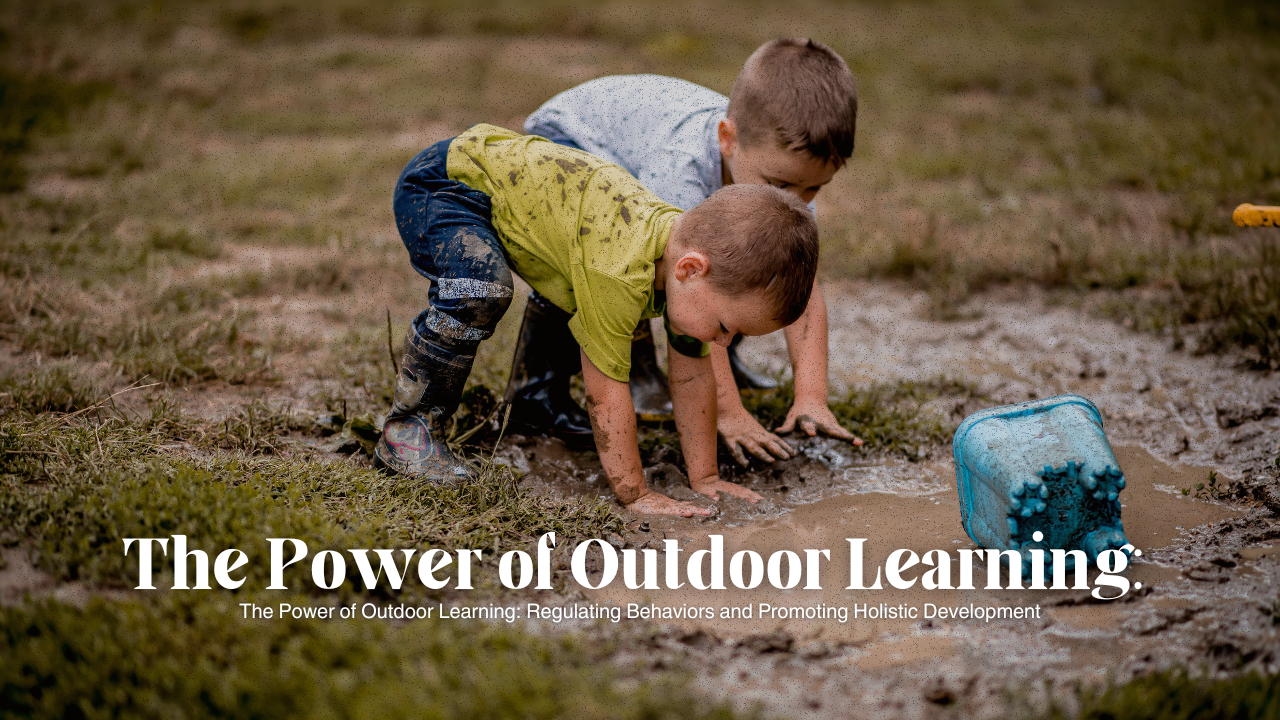
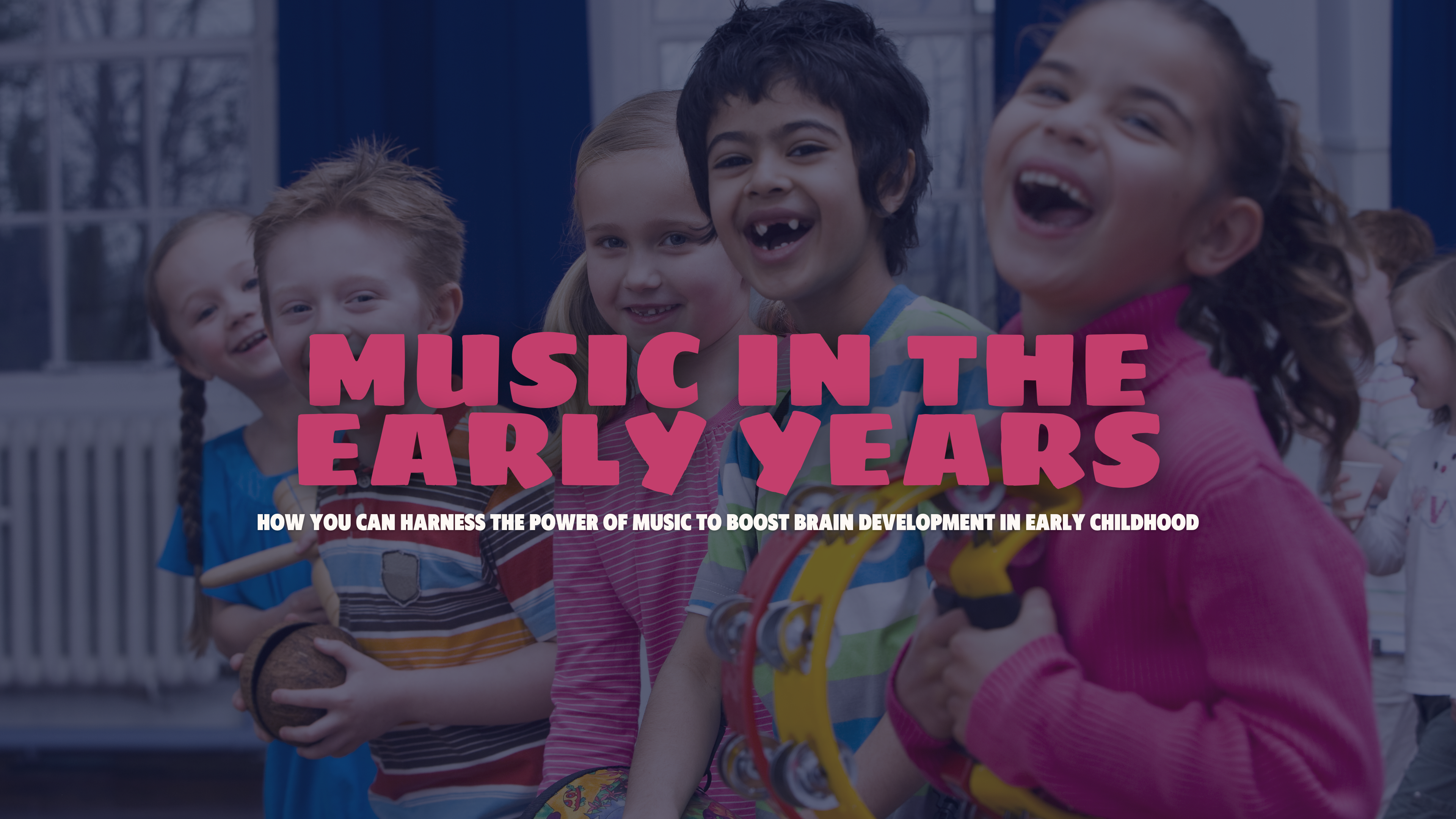
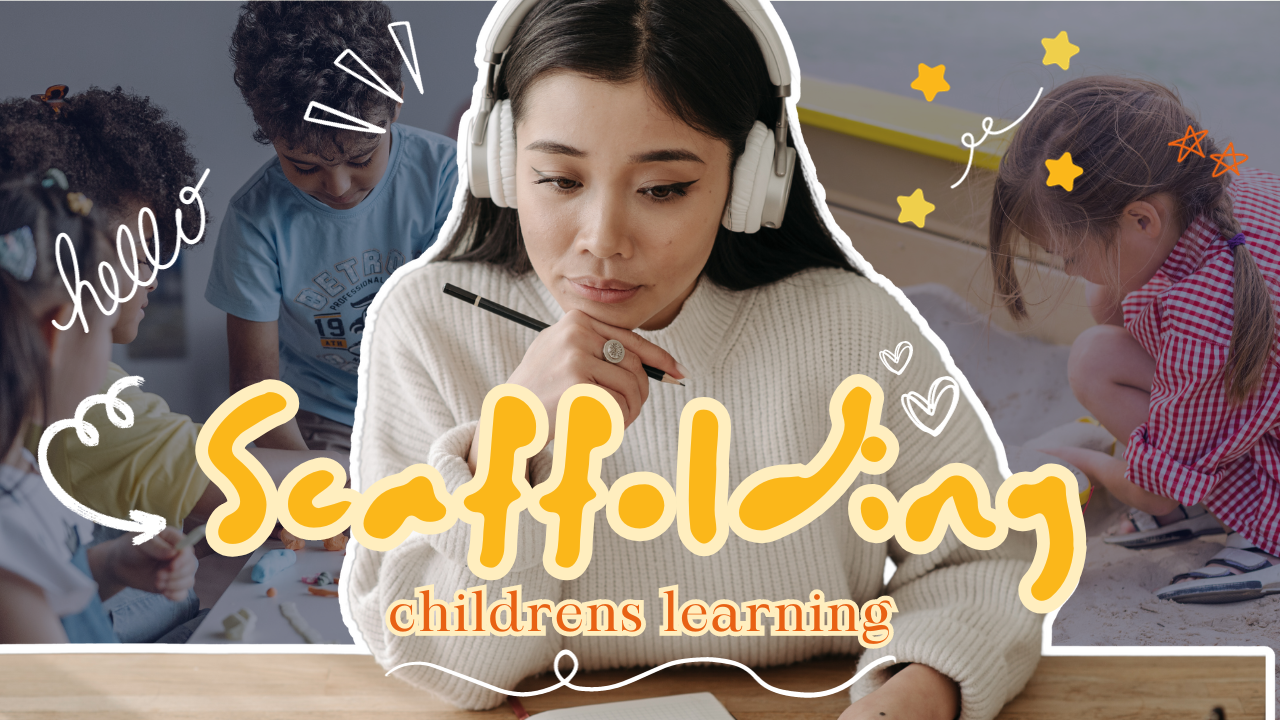
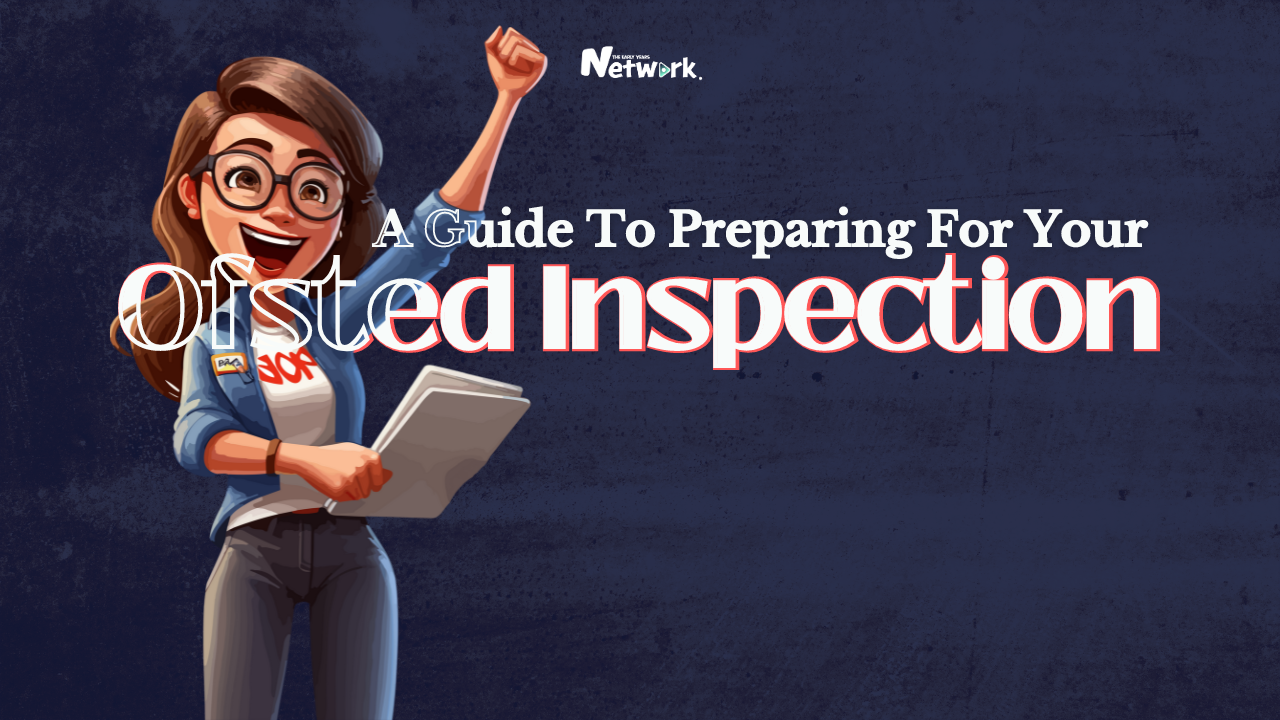
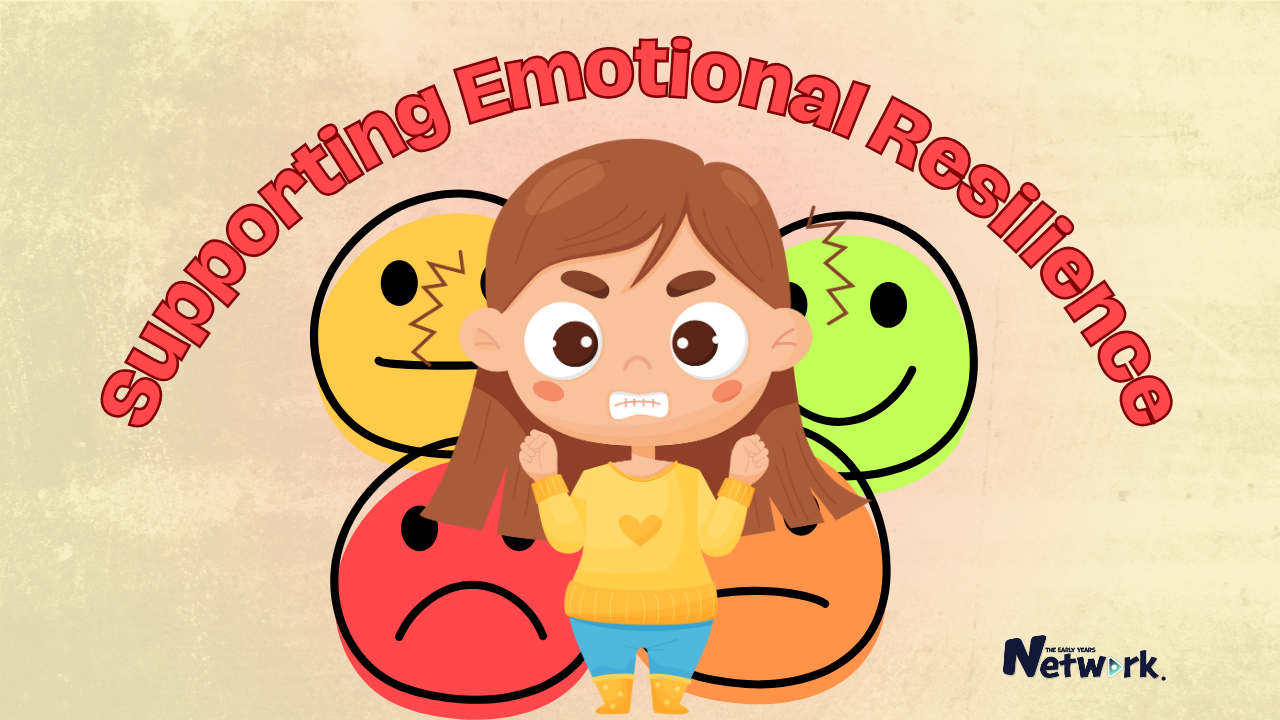
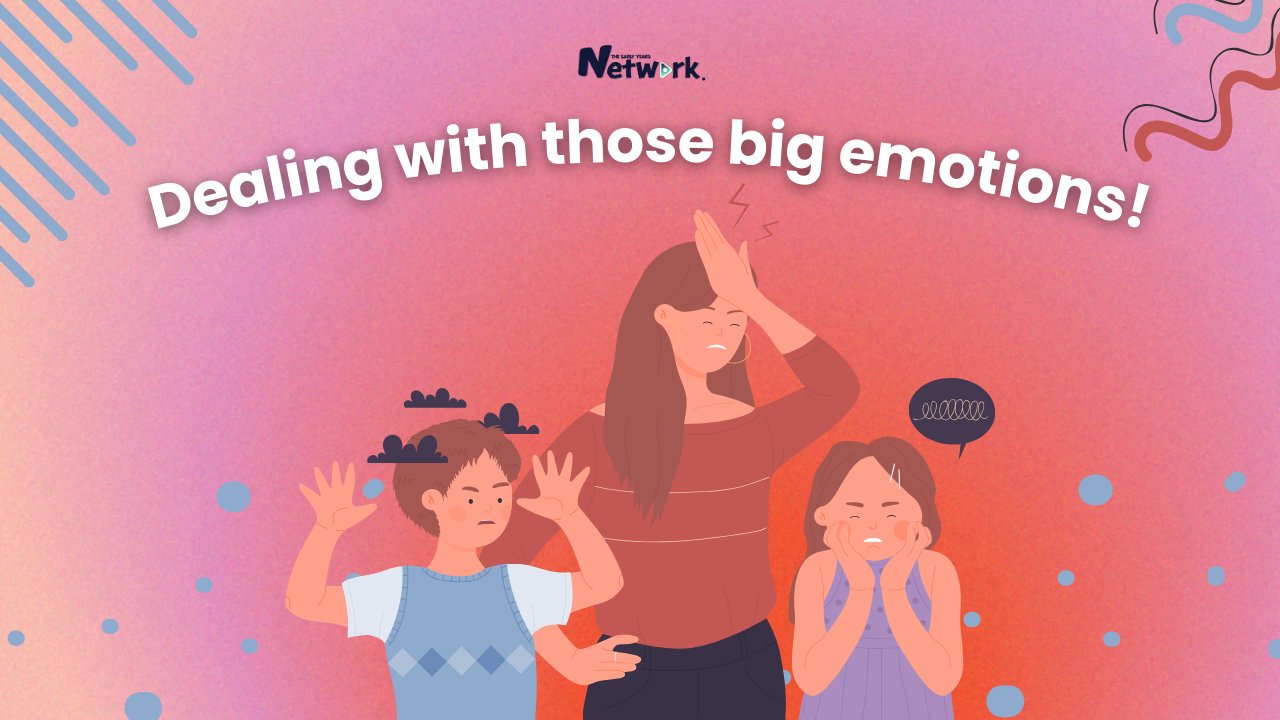



Comments 0
Leave a comment
Only your name will be published. Required fields are marked *